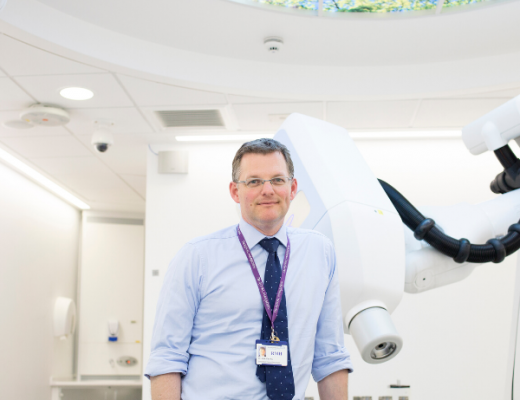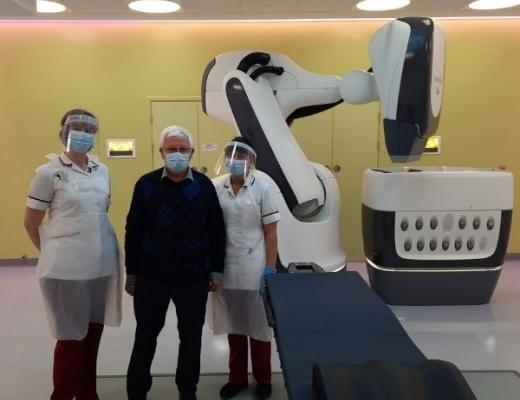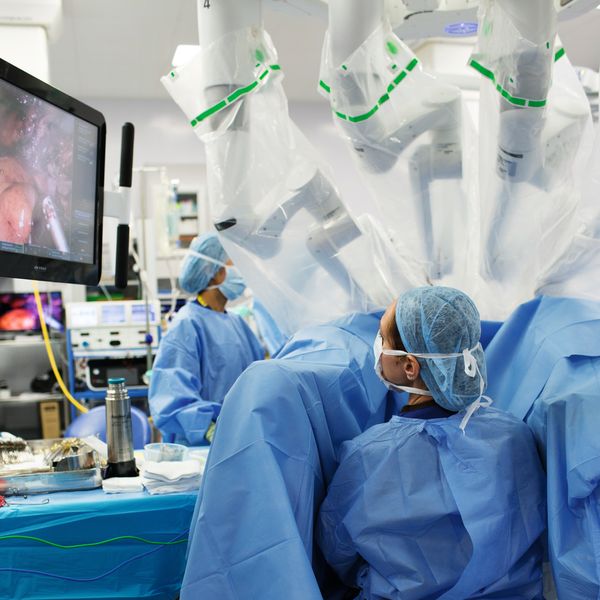“My treatment only lasted five days” - How the PACE B trial shortened prostate cancer treatment
Alastair received radiotherapy treatment for his prostate cancer through a clinical trial at The Royal Marsden. His treatment lasted just five days and he had no side effects.
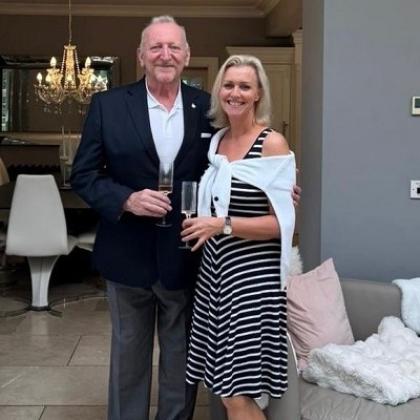
Alastair, 65, from the West Midlands was diagnosed with prostate cancer in 2014. He was referred to The Royal Marsden and received radiotherapy treatment via the CyberKnife machine on the PACE-B trial.
“In 2014, I went to the GP for a blood test and when I was there I was offered a PSA test (a test that measures the amount of PSA, or prostate-specific antigen, a protein in your blood). My PSA was raised. I had a biopsy done at my local hospital and the results confirmed that I had prostate cancer. It was quite shocking because I had no symptoms at all.
“I was referred to Professor Nick van As at The Royal Marsden, and 10 days after that, I was put on the CyberKnife via the PACE-B trial.”
The PACE-B trial
The PACE-B trial – led by Chief Medical Officer and Consultant Clinical Oncologist at The Royal Marsden, Professor Nicholas van As – found that people whose prostate cancer had not spread can be treated with just five sessions of higher-dose stereotactic body radiotherapy (SBRT), compared to conventional radiotherapy. For some patients, this could mean a reduction in treatment times from 4–8 weeks, to two weeks or less.
Currently, patients undergo 20 to 39 conventional radiotherapy sessions which uses moderate radiation doses over a longer period. The PACE-B trial has shown that SBRT performed as well as conventional radiotherapy treatment, with 96% of patients remaining cancer free after five years, compared to 95% for patients treated with conventional radiotherapy.
“I had five days of SBRT radiotherapy on the Cyberknife machine in Chelsea. The treatment lasted for about an hour a day and sometimes I’d fall asleep! I fortunately didn’t have any side effects at all.
“On the ceiling, there's a painting of the sky and cherry blossom, it's very relaxing! I was aware there were other treatment options involving major surgery. So I feel very lucky. There was no pain. The only invasive procedure I had was when the 24ct gold seeds [or fiducial markers, implanted to help pinpoint the prostate's location] went in before radiotherapy.”
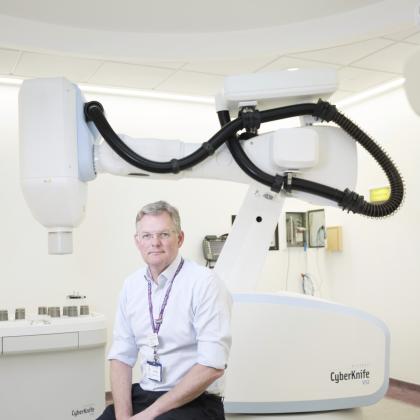
Wonderful news for Alastair post-treatment
“After my treatment, I asked what my prognosis was and was told I'd had curative treatment. I couldn't believe it.
“When someone mentions cancer you think it’s the end of the world, so I obviously had a bit of anxiety around this, but after five days of treatment I was cured.
“The Royal Marsden said that they would keep an eye on me for the rest of my life. I don't feel like I ever had cancer!”
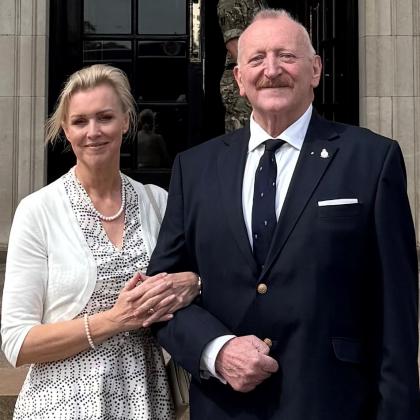
“My whole ‘cancer experience’ at The Royal Marsden has been outstanding”
“I’ll be forever grateful to The Royal Marsden. I’m also incredibly lucky that my GP suggested I have a PSA test. Without it the cancer could have spread and I might not be in the position I am now.
“PACE-B research nurse Bernard Siu is an unsung hero. When I first came to The Royal Marsden he was always smiling and reassuring. All the staff have been extraordinary.
“It’s coming up to 10 years since I first came to The Royal Marsden. I was aware of the hospital 35 years before I came as a patient. I remember walking past The Royal Marsden with a friend and he pointed out that it was a cancer hospital. I remember turning to him and saying, “I hope I never end up there”. Little did I know I would. However, my whole ‘cancer experience’ at The Royal Marsden has been outstanding. My treatment only lasted five days so I don’t even feel like I’ve had cancer.
“For something as serious as a cancer diagnosis it was incredibly easy. I haven’t had any side effects and I’ve been able to live my life to the full. I can’t thank The Royal Marsden enough for what they have done for me.”
Help us support ground-breaking research
PACE is the first global randomised trial of its kind and is part of an umbrella of trials supported by funding from The Royal Marsden Cancer Charity. Supporters of The Royal Marsden Charity also funded the two CyberKnife radiotherapy machines at The Royal Marsden, used to deliver SBRT treatment.
Discover more about ways you can support us.
